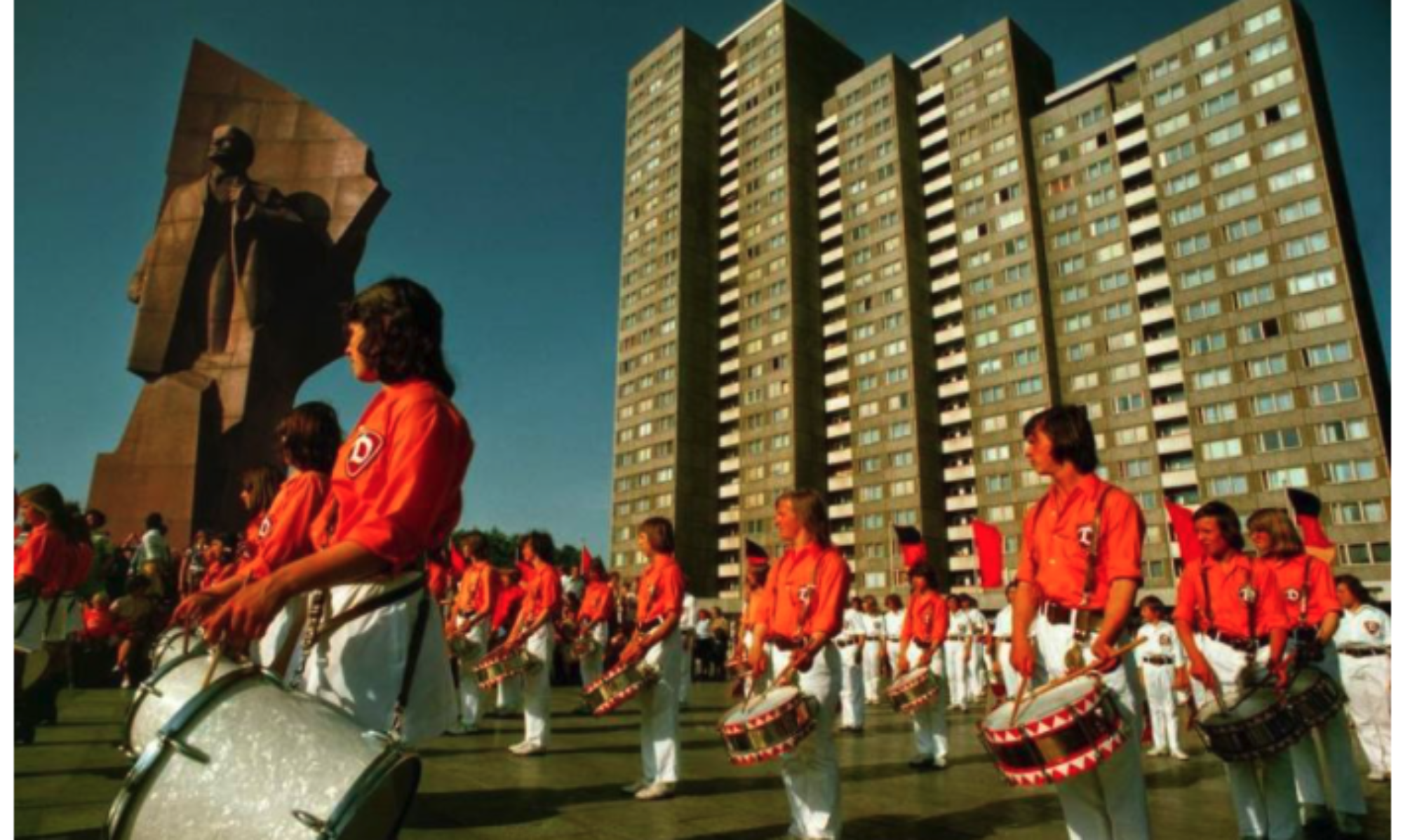Kovaly’s recollections offer insight into Czechoslovakian society in the early Cold War. The experiences shared by her and her husband Rudolf demonstrate the fear felt by party members as they tried to avoid arrest. Kovaly describes how “No one dared speak out loud, and hardly a week passed without news of someone’s arrest.” and how doorbells would turn people pale on certain evenings. (Kovaly, 101) Those living in Czechoslovakia were ruled by fear and the ideology of the party and any dissent from the party was seen as ideological impurity. Kovaly describes two instances of critical remarks about Soviet propaganda being taken as heinous ideological crimes. In the first instance described by Kovaly, a woman describes a propaganda film as “another grade-B operetta” and this remark is taken as a “fit of temporary insanity” and is forced to correct her “erroneous” views on the film. (Kovaly 98) The second example Kovaly describes is her own comment that was directed at a propaganda poster. She refers to a poster featuring Stalin as “unbelievable kitsch” and the man showing her the poster reacts by accusing her of wanting “another war” and being a “reactionary.” (Kovaly, 99) These examples demonstrate the rigid ideological purity that was required at this point in the Cold War in Czechoslovakia.
In what ways were other countries affected by the same kind of paranoia and ideological tests of purity? How does ideology control people to the extent that it does during this period of the Cold War?
